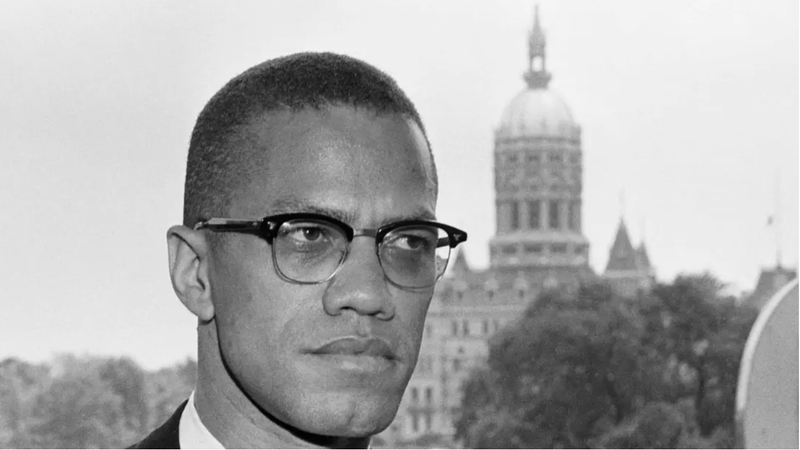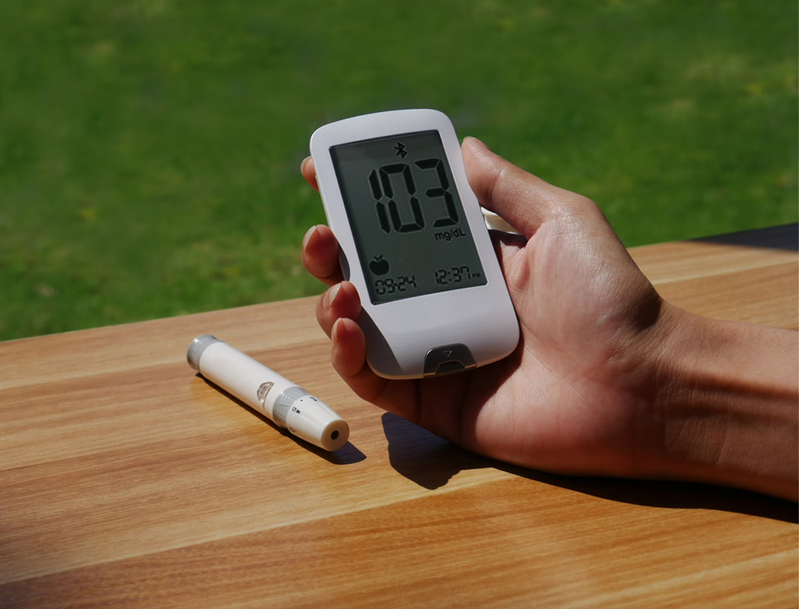British Columbia Rolls Back Drug Decriminalization
Canadian province British Columbia plans to re-criminalize public hard drug use, partially reversing a January 2023 policy aimed at addressing a severe opioid crisis....
Facts
- Canadian province British Columbia plans to re-criminalize public hard drug use, partially reversing a January 2023 policy aimed at addressing a severe opioid crisis.1
- Urging the Canadian government to reverse the initiative, province Premier David Eby said 'keeping people safe' was his highest priority.2
- British Columbia had decriminalized possession of small amounts of opioids, cocaine, methamphetamine, and MDMA, reportedly to stem the overdose death toll.3
- Under an exemption granted by Health Canada within the Controlled Drugs and Substances Act, the province's pilot program allowed adult drug users to use up to 2.5 grams of drugs in public without facing drug-related charges.4
- However, Vancouver Police Deputy Chief Fiona Wilson said that, according to front-line police officers, 'unchecked public drug use' had 'unintended ramifications' on the 'well-being of neighbourhoods.'5
- This comes as an opioid crisis is sweeping through North America. The US recorded a new high of over 112K fatal overdoses in 2023, while British Columbia witnessed over 2.5K deaths.1
Sources: 1BBC News, 2Bloomberg, 3ABC News, 4CBC and 5The Globe and Mail.
Narratives
- Narrative A, as provided by BBC News. British Columbia's decriminalization of public hard drugs use was a justified attempt to stem a deadly and tragic opioid crisis. Though the program may have faced opposition and ultimately failed, it was a step in the right direction toward distigmatizing what should be treated as a health — not criminal — matter.
- Narrative B, as provided by The Globe and Mail. BC's decriminalization policy failed to meet expectations and faced legal challenges due to understandable concerns over harm to vulnerable populations. Balancing public safety and addiction support requires sensible regulation and additional measures like safer drug supply and designated consumption spaces, not a free-for-all.







